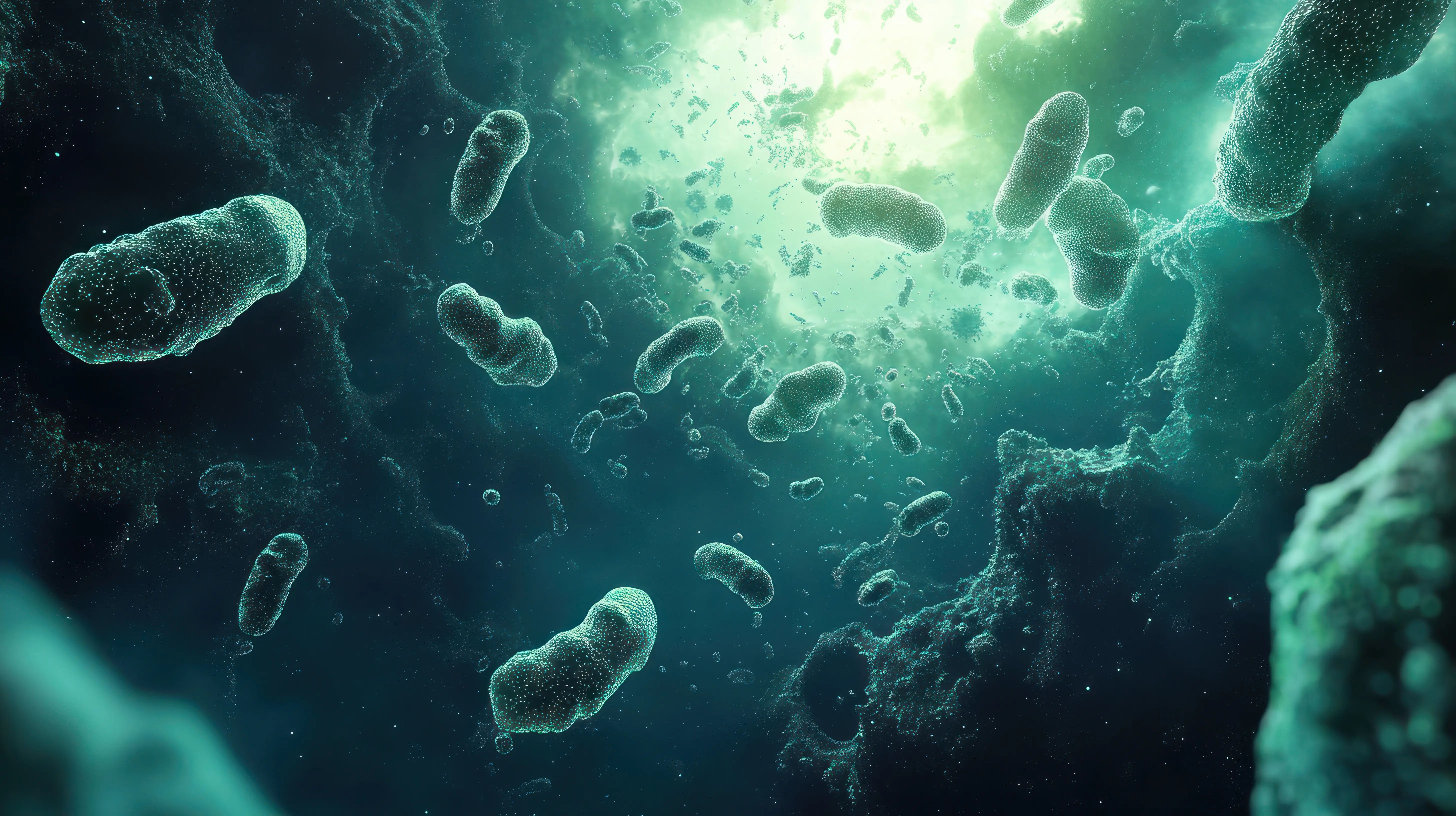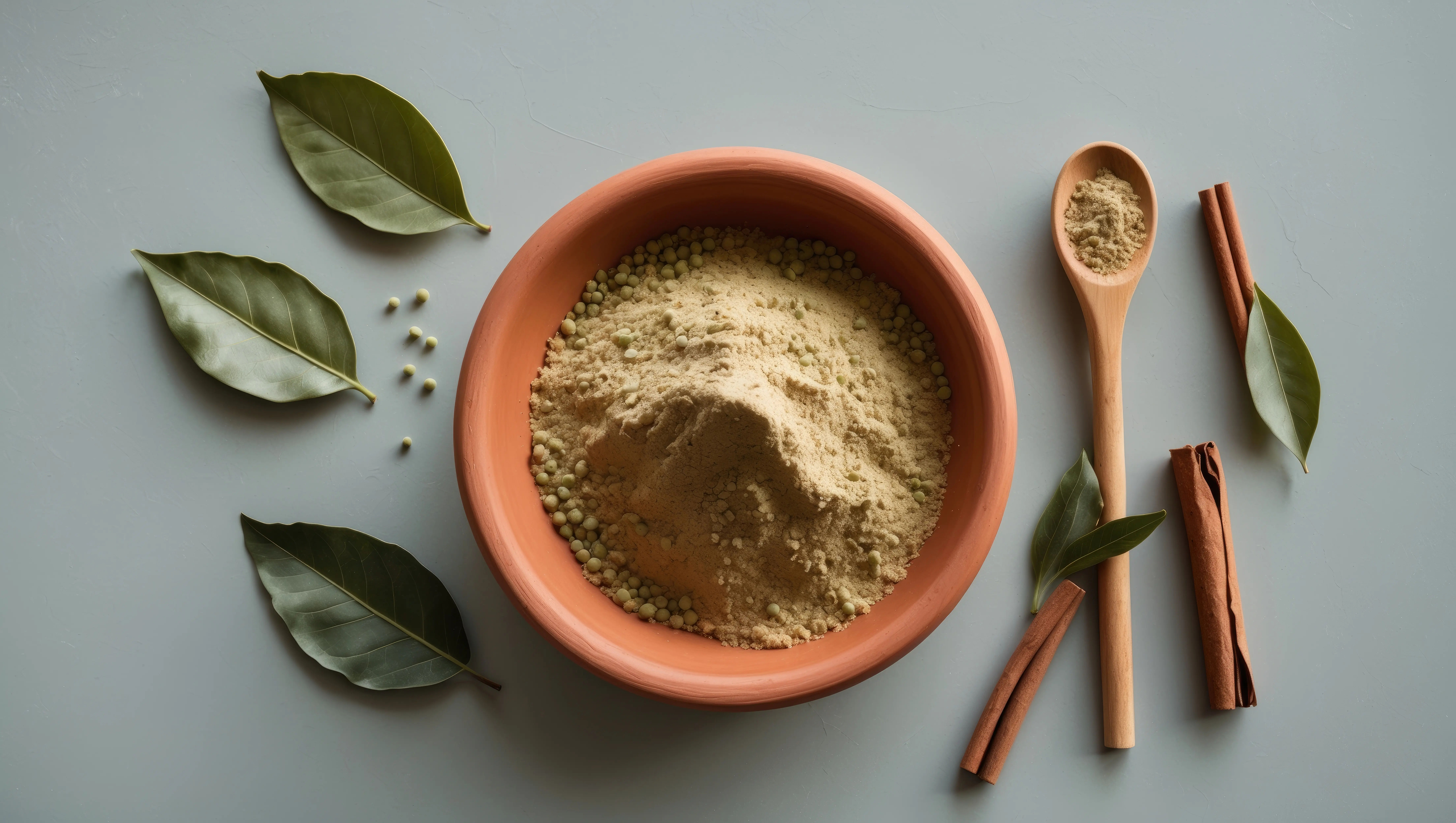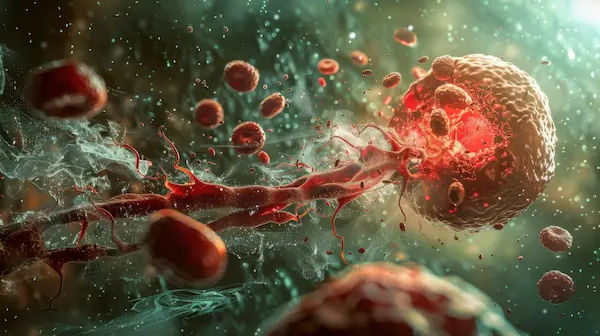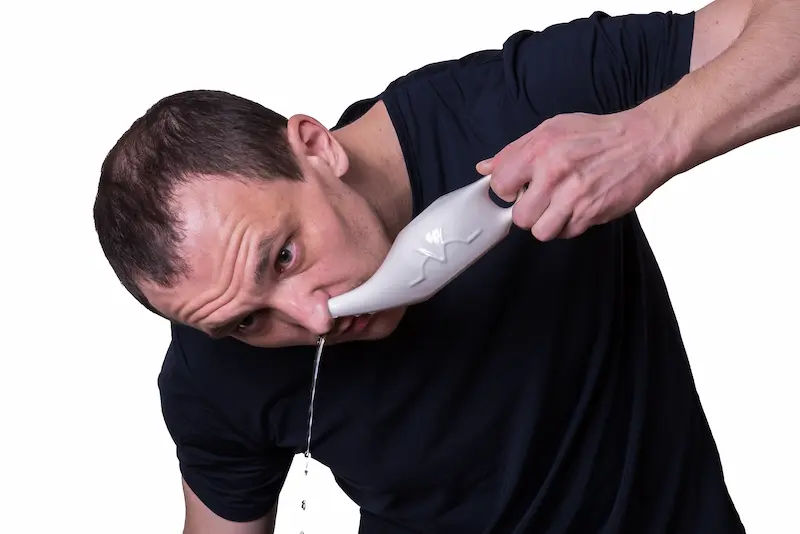Stroke Symptoms, Causes, Diagnosis and Treatment
Know about the stroke symptoms, causes, diagnosis and treatment. Learn about the management, prevention and when to see a doctor and more.

Written by Dr. M L Ezhilarasan
Reviewed by Dr. Shaik Abdul Kalam MD (Physician)
Last updated on 13th Jan, 2026
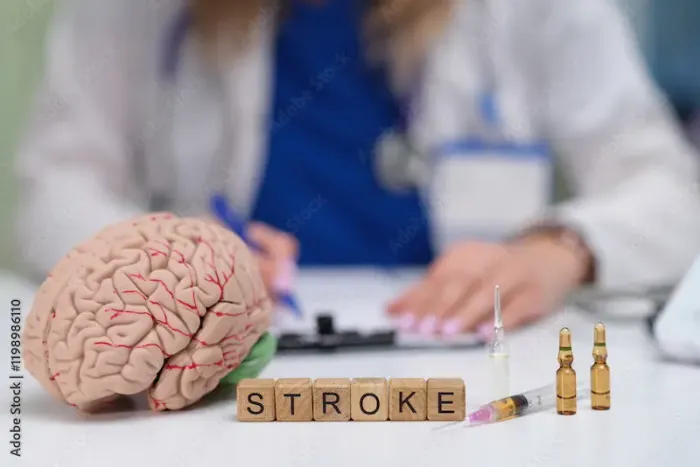
Introduction
A stroke is a serious medical condition that occurs when the blood supply to part of the brain is interrupted or reduced, depriving brain tissue of oxygen and nutrients. Within minutes, brain cells begin to die, making immediate medical attention crucial. Recognising the signs of a stroke and acting quickly can save lives and reduce long-term disability.
In this article, we’ll discuss stroke symptoms, causes, diagnosis, and treatment options in simple terms. We’ll also share tips on prevention and recovery.
What Are the Symptoms of a Stroke?
Stroke symptoms often appear suddenly. The key signs to watch for can be remembered with the acronym FAST:
• Face drooping – One side of the face may droop or feel numb.
• Arm weakness – Weakness or numbness in one arm or leg.
• Speech difficulty – Slurred speech or trouble understanding words.
• Time to call emergency services – Immediate medical help is needed.
Other symptoms may include:
• Sudden confusion or trouble understanding speech
• Severe headache with no known cause
• Vision problems in one or both eyes
• Dizziness, loss of balance, or difficulty walking
If you or someone around you experiences these symptoms, seek emergency medical help immediately. Every minute counts in stroke treatment.
Consult a Neurologist for Personalised Advice
What Causes a Stroke?
There are three main types of stroke, each with different causes:
1. Ischemic Stroke (Most Common – 80% of cases)
• Occurs when a blood clot blocks an artery supplying blood to the brain.
• Often caused by atherosclerosis (hardening of arteries due to cholesterol buildup).
• It can also result from a clot travelling from the heart (common in atrial fibrillation).
2. Hemorrhagic Stroke
• Caused by a ruptured blood vessel in the brain, leading to bleeding.
• Often due to uncontrolled high blood pressure or an aneurysm (a weak blood vessel).
3. Transient Ischemic Attack (TIA or "Mini-Stroke")
• A temporary blockage that resolves on its own but is a warning sign of a future stroke.
Risk Factors for Stroke
Some factors increase the likelihood of a stroke:
• Uncontrollable factors: Age (risk increases after 55), family history, gender (men are at higher risk, but women have worse outcomes).
• Controllable factors:
1. High blood pressure
2. Smoking
3. Diabetes
4. High cholesterol
5. Obesity
6. Lack of physical activity
7. Excessive alcohol use
How Is a Stroke Diagnosed?
If a stroke is suspected, doctors will perform urgent tests to confirm it and determine the type:
1. Physical Examination – Checking for weakness, speech difficulties, and coordination.
2. Imaging Tests:
• CT Scan – Helps detect bleeding or blockages in the brain.
• MRI – Provides detailed images of brain damage.
3. Blood Tests – To check clotting time, cholesterol, and blood sugar levels.
4. Carotid Ultrasound – Checks for blockages in neck arteries.
5. Echocardiogram – Looks for heart-related causes like blood clots.
Early diagnosis is crucial for effective treatment.
Get Your Health Assessed
What Are the Treatment Options?
Treatment depends on the type of stroke:
1. Ischemic Stroke Treatment
• Clot-Busting Drugs (tPA) – Must be given within 4.5 hours of symptom onset to dissolve clots.
• Mechanical Thrombectomy – A procedure to remove large clots using a catheter (effective within 6-24 hours in some cases).
2. Hemorrhagic Stroke Treatment
• Medications – To reduce brain swelling and control blood pressure.
• Surgery – To repair ruptured blood vessels or remove blood clots.
3. Rehabilitation After Stroke
Recovery depends on the severity of the stroke. Rehabilitation may include:
• Therapy – To regain movement and strength.
• Speech therapy – To improve communication.
• Occupational therapy – To help with daily activities.
How Can You Prevent a Stroke?
Many strokes can be prevented with healthy lifestyle choices:
• Control Blood Pressure – High BP is the biggest risk factor.
• Smoking – Smoking damages blood vessels.
• Manage Diabetes & Cholesterol – Keep levels in check.
• Eat a Heart-Healthy Diet – More fruits, vegetables, and whole grains; less salt and fried foods.
• Exercise Regularly – At least 30 minutes a day, 5 days a week.
• Limit Alcohol – Excessive drinking raises stroke risk.
• Treat Atrial Fibrillation (Irregular Heartbeat) – Blood thinners may be prescribed.
When to Seek Help?
If you or someone shows stroke symptoms, call emergency services immediately. Do not wait to see if symptoms improve.
For those at high risk, regular check-ups with a doctor can help prevent strokes. If you have concerns about stroke risk factors, consult a specialist on Apollo 24|7 for personalised advice and preventive care.
Final Thoughts
A stroke is a medical emergency, but recognising the signs early and acting fast can save lives. By managing risk factors and adopting a healthy lifestyle, you can significantly reduce your chances of having a stroke.
Consult a Neurologist for Personalised Advice
Consult a Neurologist for Personalised Advice

Dr. Rajendra Prasad
Spine Surgeon
36 Years • MBBS. FRCS (Glas) U.K FRCS (Neurosurgery) Intercollegiate Specialty Board in Neurosurgery (U.K). Fellowship in Spine Surgery, Stanmore, London U.K. Specialist Registration in Neurosurgery with General Medical Council. U.K
Delhi
Apollo Hospitals Indraprastha, Delhi

Dr. Sanket Patel
Neurologist
4 Years • MBBS, DNB Medicine, DrNB Neurolgy
Ahmedabad
Apollo Hospitals - Gandhinagar, Ahmedabad, Ahmedabad

Dr. Andugulapati Santosh Sriram
Neurologist
6 Years • MBBS, MD, DM (NEUROLOGY)
Hyderguda
Apollo Hospitals Hyderguda, Hyderguda
Dr. J C Rasmi Reddy
Neurologist
5 Years • M.B.B.S, M.D, DrNb in Neurology
Nellore
Apollo Speciality Hospitals, Nellore
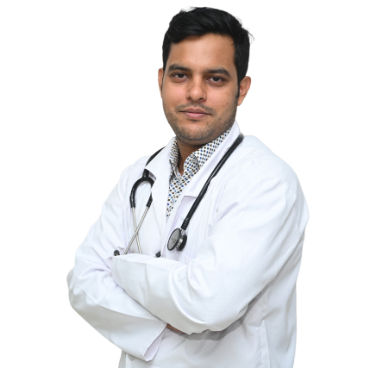
Dr. Abhisek Nanda
Neurologist
10 Years • DM (NEUROLOGY) ,DNB(MEDICINE)
Rourkela
Apollo Hospitals, Rourkela, Rourkela
(150+ Patients)
Consult a Neurologist for Personalised Advice

Dr. Rajendra Prasad
Spine Surgeon
36 Years • MBBS. FRCS (Glas) U.K FRCS (Neurosurgery) Intercollegiate Specialty Board in Neurosurgery (U.K). Fellowship in Spine Surgery, Stanmore, London U.K. Specialist Registration in Neurosurgery with General Medical Council. U.K
Delhi
Apollo Hospitals Indraprastha, Delhi

Dr. Sanket Patel
Neurologist
4 Years • MBBS, DNB Medicine, DrNB Neurolgy
Ahmedabad
Apollo Hospitals - Gandhinagar, Ahmedabad, Ahmedabad

Dr. Andugulapati Santosh Sriram
Neurologist
6 Years • MBBS, MD, DM (NEUROLOGY)
Hyderguda
Apollo Hospitals Hyderguda, Hyderguda
Dr. J C Rasmi Reddy
Neurologist
5 Years • M.B.B.S, M.D, DrNb in Neurology
Nellore
Apollo Speciality Hospitals, Nellore

Dr. Abhisek Nanda
Neurologist
10 Years • DM (NEUROLOGY) ,DNB(MEDICINE)
Rourkela
Apollo Hospitals, Rourkela, Rourkela
(150+ Patients)


